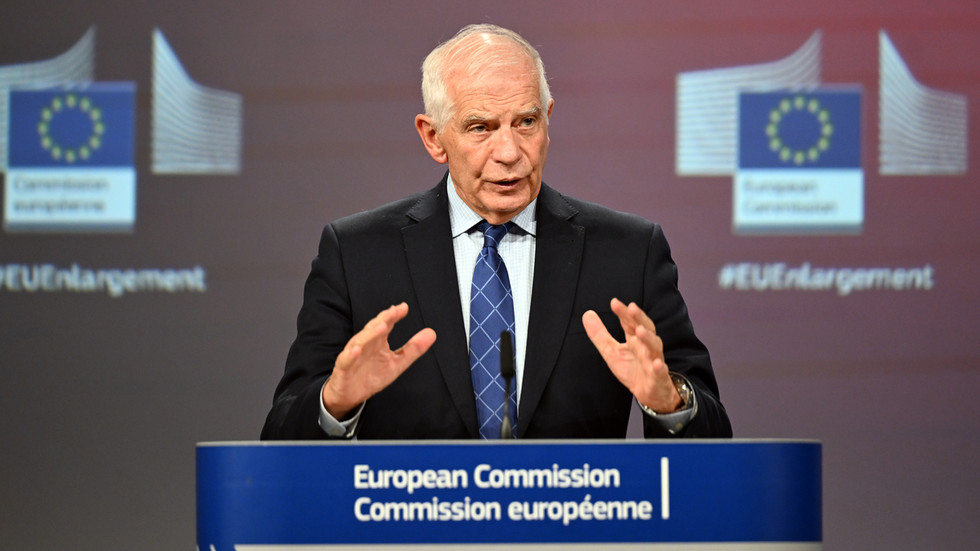Last week, the International Criminal Court (ICC) made headlines by issuing arrest warrants for Israeli Prime Minister Benjamin Netanyahu and his former Defense Minister, Yoav Gallant, along with Hamas commander Ibrahim al-Masri. The charges are related to alleged war crimes and crimes against humanity amidst the ongoing conflict in Gaza. This announcement was significant given the context of the escalating violence in the region and highlighted the broader implications of international law in conflicts involving state actors. The ICC’s jurisdiction extends to the West Bank and Gaza, despite Israel’s non-signatory status to the Rome Statute that governs the court.
Josep Borrell, the European Union’s foreign policy chief, quickly responded to the warrants, emphasizing the need for EU member states to adhere to the ICC’s decisions. He underscored the importance of credibility for the EU, arguing that any failure to execute the warrants for Netanyahu would be perceived as a potential double standard. Borrell pointed out that EU member states are obligated to comply with ICC decisions as they have all signed the Rome Statute. He insisted that the court’s findings cannot be selectively acknowledged, drawing comparisons to the EU’s stance on the actions of Russian President Vladimir Putin. This stance underlines the growing tension within international relations about accountability and the principle of universal jurisdiction.
The ICC’s mandates raise complex questions about the legality and responsibilities of EU member states, with varying reactions emerging from different countries. While some members like the Netherlands, Switzerland, and Norway expressed willingness to comply with their obligations under the Rome Statute, others, such as Germany, have indicated potential hesitance to pursue action against Netanyahu. German Chancellor Olaf Scholz’s spokesperson emphasized the country’s historical responsibility towards Israel, suggesting that this context complicates Germany’s stance. French officials mirrored this cautious approach, labeling the ICC’s warrants as a “complex legal issue” without offering a clear commitment to act upon them.
Amidst these developments, Borrell also addressed the notion of anti-Semitism in relation to criticisms of Israeli governmental actions. He strongly advocated for the right to critique anyone in the Israeli leadership without fear of being labeled anti-Semitic, reflecting a broader debate about freedom of expression in the context of international politics. This perspective was crucial, especially considering rising tensions and polarized opinions surrounding the Israeli-Palestinian conflict. It highlights the tightrope that politicians and leaders must navigate, balancing legitimate critique with the risk of perpetuating harmful stereotypes.
The decision from the ICC sparked intense backlash from Israel and its allies, notably the United States, which has traditionally been a stalwart supporter of the Israeli government. Israeli officials condemned the warrants, labeling them as politically motivated and harmful to peace efforts in the region. Key US representatives echoed this sentiment, reinforcing the notion that international legal mechanisms can sometimes be perceived as biases in situations involving Israel. This perspective amplifies calls for reforms within the ICC and questions its ability to enact fair and impartial justice given the complex political landscapes surrounding its actions.
In response to the ICC’s ruling, Hungarian Prime Minister Viktor Orban’s invitation for Netanyahu to visit reflects a broader geopolitical landscape where certain nations may offer support and legitimacy to Israeli leadership as a counterweight to ICC actions. This highlights a division among European states, revealing fault lines that complicate a unified European approach to international justice and human rights. The diverse responses to the ICC warrants underscore the intricate balance between upholding international legal standards and navigating historical, political, and diplomatic relationships, particularly in deeply controversial cases like this one.

